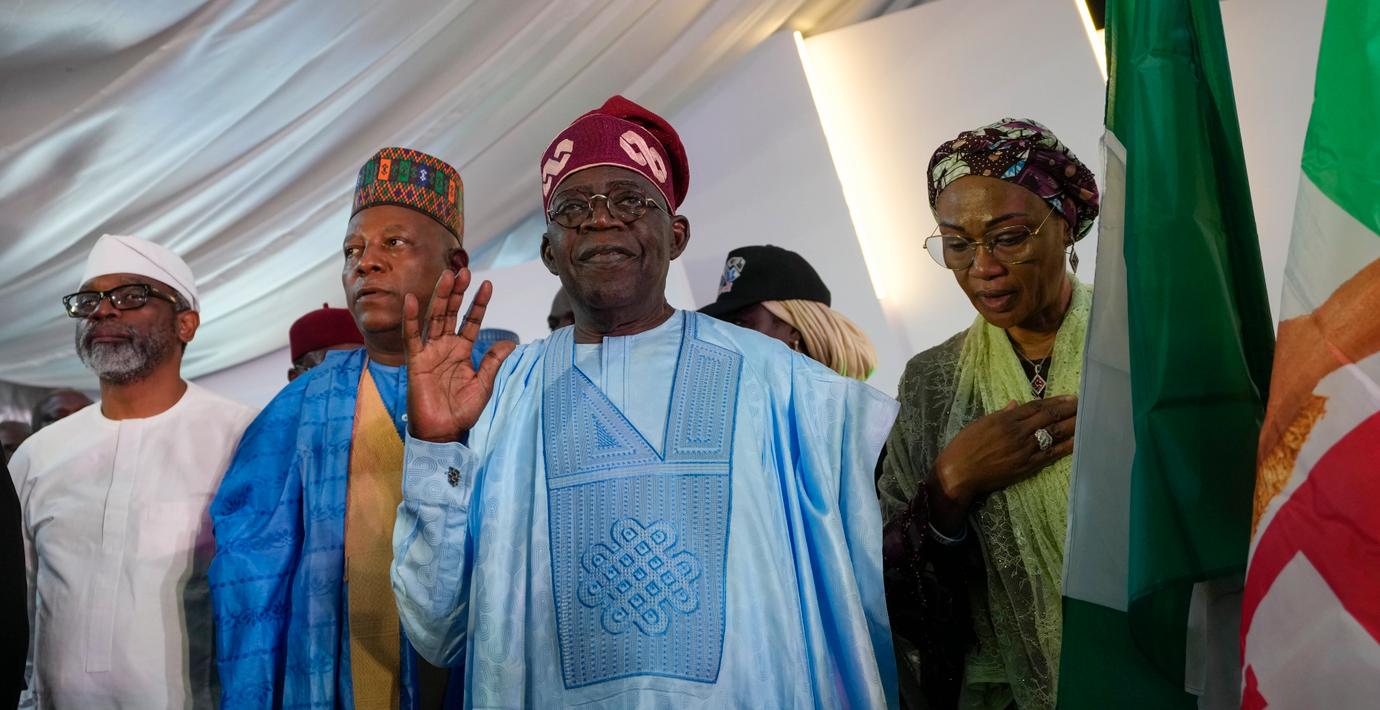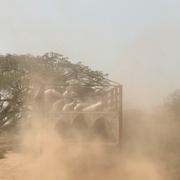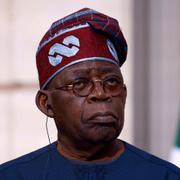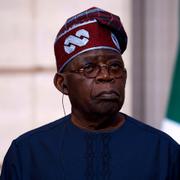
Nigerias president grillas för förslag om dyra köp
Nigerianske presidenten Bola Tinubu har hamnat i hetluften sedan förslag om extravaganta köp lagts fram i underhuset, skriver BBC.
Enligt förslagen ska staten lägga motsvarande drygt 233 miljoner kronor på att köpa flygplan och en yacht till presidenten. Samtidigt rusar levnadskostnaderna i landet och omkring 137 miljoner invånare i Nigeria beräknas leva i extrem fattigdom.
– De fattiga kan kämpa vidare i en kanot samtidigt som presidenten vill åka runt i en yacht, säger oppositionspolitikern Shehu Sani till kanalen.
Förslaget om yachten röstades ner och frågan om flygplanen har inte nått underhuset ännu. Tinubus stab hävdar att det inte är presidenten själv som efterfrågat inköpen.
bakgrund
Fattigdomen i Nigeria
Wikipedia (en)
Nigeria had one of the world's highest economic growth rates, averaging 7.4% according to the Nigeria economic report that was released in July 2019 by the World Bank. Following the oil price collapse in 2014–2016, combined with negative production shocks, the gross domestic product (GDP) growth rate dropped to 2.7% in 2015. In 2016 during its first recession in 25 years, the economy contracted by 1.6%. Nationally, 43 percent of Nigerians (89 million people) live below the poverty line, while another 25 percent (53 million) are vulnerable. For a country with massive wealth and a huge population to support commerce, a well-developed economy, and plenty of natural resources such as oil, the level of poverty remains unacceptable. However, poverty may have been overestimated due to the lack of information on the extremely huge informal sector of the economy, estimated at around 60% more, of the current GDP figures. As of 2018, the population growth rate is higher than the economic growth rate, leading to a slow rise in poverty. According to a 2018 report by the World Bank, almost half the population is living below the international poverty line ($2 per day), and unemployment peaked at 23.1%.Nigeria had one of the world's highest economic growth rates, averaging 7.4% according to the Nigeria economic report that was released in July 2019 by the World Bank. Following the oil price collapse in 2014–2016, combined with negative production shocks, the GDP growth rate dropped to 2.7% in 2015. In 2016 during its first recession in 25 years, the economy contracted by 1.6%. Many individuals are faced with limited financial opportunities, extreme information poverty and unemployment, a lack of access to information technology resources, and other uniquely debilitating environmental circumstances as poverty.However, these programs have largely failed to overcome the three reasons for this persistent poverty: income inequality, ethnic conflict, and political instability with corruption. The impact of COVID-19 has been disastrous to the economy with inflation on food items on the rise, markets were disrupted by the increase in prices of things and purchasing power.
Omni är politiskt obundna och oberoende. Vi strävar efter att ge fler perspektiv på nyheterna. Har du frågor eller synpunkter kring vår rapportering? Kontakta redaktionen



